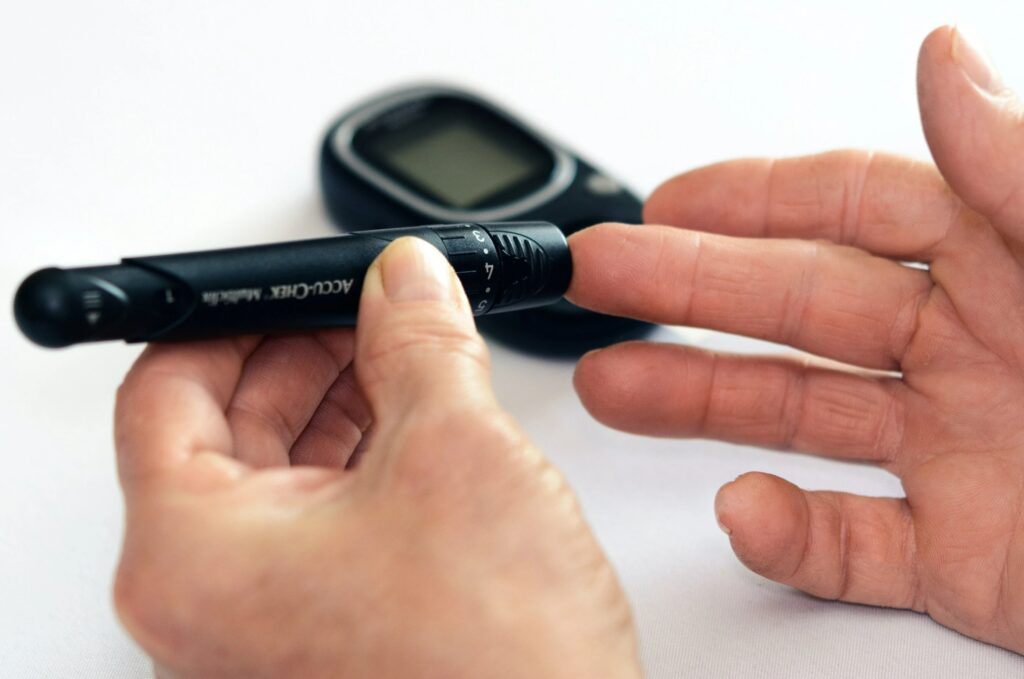What’s New at Prevencio
< back to the blog
Updated: Nov 9, 2022
Prevencio Named Top 10 Most Trusted Heart Care Solution Company 2022
“Predicting the future isn’t magic; it is Artificial Intelligence.” Have you ever imagined a car self-driving itself or a robot ordering and bringing food to your doorstep? Well, it sounds like magic, right? But Dave Waters, in the above quote, correctly pointed out that the future is here, and it is… (Learn More)
On November 5, 2022, researchers from Massachusetts General Hospital will present exciting data at the American Heart Association (AHA) Scientific Sessions on the value of HART CVE data in predicting cardiovascular events in patients with Chronic Kidney Disease (CKD).
STUDY ON DIABETICS In April 2022, Prevencio investigators from Massachusetts General Hospital presented data at the American College of Cardiology Scientific Session.

Purpose: The purpose of the study was to determine if cardiovascular events (CVE) such as acute myocardial infarction (MI), stroke, or CV death may differ in patients with diabetes mellitus (DM) compared with those without to improve risk assessment.
Methods: Among 450 patients undergoing coronary or peripheral angiography (114 patients with DM and 336 without DM), we applied a biomarker panel previously developed using LASSO regression to predict incident CVE (HART CVE, Prevencio, Kirkland WA); the panel consists of 4 biomarkers (N-terminal pro-B type natriuretic peptide, kidney injury molecule-1, osteopontin, and tissue inhibitor of matrix metalloproteinase-1) with results expressed in 3 risk levels (low, moderate, and high-risk). Patients were followed for 1 year for incident CVE.
Results: Comparing each risk level of the HART CVE test among patients with and without DM, patients with DM had essentially double the risk of incident MI, stroke, or CV death than patients without DM (Table). In an age-adjusted analysis, using a referent group of patients without DM and at a low risk level, diabetic patients with a moderate risk level predicted by the CVE test had an HR of 14.26 (p<0.001) and those with a higher risk level exhibited an HR of 25.21 (p<0.001).
Conclusion: Patients with DM are at high risk for incident MI, stroke, or CV death. A multiple protein biomarker panel developed with machine learning effectively predicts risks for such incident CVE in patients with DM.
TREATMENT ALGORITHM CARD Our Medical Advisory Team developed a Treatment Algorithm Card to assist the health care provider in determining optimal treatment based on the results of the HART CADhs and HART CVE blood test risk scores and individual biomarker results. If you would like to add this resource to your practice, the card is provided complimentary to you. LABORATORY PORTAL Prevencio is pleased to provide a laboratory portal to each office. Laboratory portals allow faster test results and tracking of test results for patients serially tested. Once all patient information is typed in the portal, press “print” to submit a copy of the requisition with the blood sample. Then press “submit” to send the information online. An alternative is to manually complete the lab requisition and submit the blood sample and still receive results quickly on the portal. If this is something you would like to add to your office, contact Kelsey at kelsey@prevenciomed.com.
CASE OF THE MONTH
Demographics: 69-year-old, 5’11”, 175 lb. executive Past History/Symptoms/Tests Performed: No known heart issues pre-Covid. Contracted Covid in 2020. Post-Covid chest pressure started in 2020. EKG was normal. Nuclear stress suggested an artery blockage. Chest pressure continued. MD Recommendation: Cardiologist recommended a heart catheterization to define the coronary arteries in August 2022; performed in September 2022. Prevencio HART Tests: Patient requested the HART CADhs and HART CVE tests drawn and performed prior to his heart catheterization. Patient’s plasma shipped to laboratory and assayed mid-August 2022. HART CADhs Risk Score = 4 (High Risk category indicating an 85% risk of significant obstruction/plaque/blockage in at least one major coronary (heart) artery responsible for providing blood flow to the heart). There were two individual biomarkers in this panel in the abnormal range: Adiponectin and Kidney Injury Molecule (KIM)-1. HART CVE Risk Score = 4 (Intermediate Risk category indicating less than 7% likelihood of developing a major adverse cardiac event (MACE; MI, stroke, cardiovascular death) in 1-year). All individual biomarkers in this panel were within the non-MACE range. Cardiac Catheterization Results: The cardiac catheterization revealed a single 60% lesion in the left anterior descending artery, not proximal. Medical treatment is indicated at this time. Summary: The Prevencio HART CADhs and HART CVE tests were highly consistent with heart catheterization findings; specifically, there was a high-risk for an obstruction in the coronary artery and cardiac catheterization revealed an obstruction in the coronary artery. The 1-year major adverse cardiac event was less than 7% likelihood of having an event. The cardiologist prescribed medical treatment with lifestyle changes and nutritional supplements to facilitate the reduction of artery plaque.


